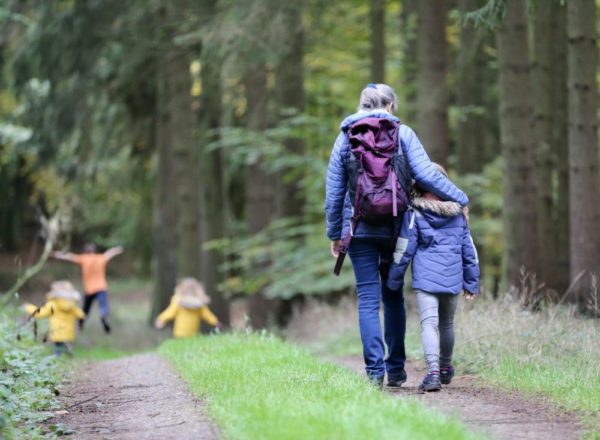In the lead up to the budget spending review, yet again, the sport, physical activity and wellbeing sectors have sought to influence national government and ask for more resources.
There have been some genuine attempts at collaboration and disappointingly, some have sought to steal the march on the others and grab a headline – which experience tells us, becomes chip paper. Titles such as ‘Decade of Decline’ set the tone of desperation and weakness – the “if you don’t do this, bad things will happen.” This gives the green light to a stock response of ‘we need more information and wait and see….’
The reorganisation of public health at a national level does not present any immediate opportunities and colleagues working in this space are bracing themselves for being expected to pull more miracles out of a diminishing pool of resources.

The general financial health of local authorities is very poor and ‘leisure’ is a “nice to have” – albeit some local leadership still has a desire to invest in place despite conflicting pressures and priorities on finances.
With the benefit of hindsight, the sectors’ biggest mistake for the last three decades or so, has been looking centrally for the top-down solution, the injection of funding, assuming that what it does works and is valued to the degree that it is investable.
Of course we collectively need to be better at evidencing results and impact and sharing this, but the parent / child relationship we have sought to service has failed. Mum and Dad aren’t listening and they’ve cut our pocket money – again.
The reality is that this additional core funding is not coming – certainly not in this parliament and quite possibly not in the next either. There will be the occasional local injection of cash through levelling up funding for example, but this will not address the systemic issues of decarbonising our old, tired ‘’swimming pools, leisure centres and gyms’’ or core funding for interventions focused on addressing inequalities up and down the country.
So, rather than wasting a lot of effort on asking for funding to do what we always did, something that wasn’t properly recognised, the collective sectors need to focus on supporting integrated, local led solutions that are nationally enabled.
Sport England has undertaken a valiant role to provide leadership when the sectors’ membership and representative bodies have understandably struggled to manage through Covid and seek to influence with one voice. This has led to improved collaboration and there is a general commitment to ‘uniting the movement’ which can be further built on.
However, the fundamental issue is that there have been practically no solutions offered in any of the nationally developed reports on the future of the sectors. We’ve become very adept at telling a tale of woe and doom through a single organisational lens. The language of victims and the vulnerable. Signalling we are likely to fail and become extinct. Who is going to invest in that?
The real understood need is local. The real opportunities are local. The real energy and power is local. The real solutions will be local.
Any national organisations need to focus on enabling change and investment at a local level. Great examples of this are Sport England’s recent suite of guidance and support for local government – the Strategic Outcomes Planning Guidance (code for ‘why’, ‘where’ and ‘how’ councils can transform their local sport, physical activity and wellbeing services sustainably), The Leisure Services Delivery Guidance (code for ‘what’ to do to transform local services sustainably for ‘whom’) and Moving Communities – which will help track progress, performance, improvement and support collaboration.
SLC has played a major role in developing this guidance along with a number of other organisations.
Another great example is the GM Active Transformational Leadership Programme which we are also supporting. A programme that is going viral and is creating more demand – why? Because its a local solution to developing workforce leadership at multiple levels within GM. But looking ahead, this can be adapted and translated into other places.
SLC like many others are committed to sharing our intellectual property with the wider sector. We are going to keep sharing learning with peers through our Think Tanks and wider engagement. We hope others will follow as we all have to be more collaborative to support local solutions.
In parallel to seeking to make the case nationally – we should be encouraging the best minds within (and outside) the sectors to come together and support LOCAL transformation and innovation – learning and sharing it quickly and in a digestible format.
As an example, we are currently exploring opportunities to further develop the opportunities that decarbonisation can bring to support local authority Net Zero pledges and have reached out to global experts and organisations in this area.
We’re stepping outside of our comfort zone and are exploring new solutions -will it work? We don’t know yet – but will try.
COVID has tragically taught us that viruses spread rapidly in the right conditions.
The one positive thing we can take from this is the principle of developing local solutions and sharing the learning virally to enable others to learn and adapt a variant for their own place.
You never know, Government may then want to invest in scaling and replicating, but don’t count on it.
Duncan Wood-Allum, Managing Director
duncan@slc.uk.com

